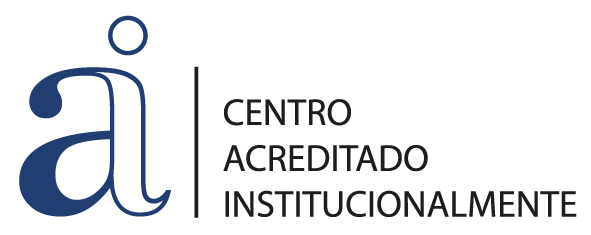Applied Engineering And Data Science Group
The group has a solid track record in data extraction, management and analysis, as well as in the generation of clinical decision support tools in various fields such as oncology, obstetrics, hepatology or nutrition. Its work is focused on the generation of new tools to help in the diagnosis, prognosis and control of diseases.
Diagnostic and prognostic modeling in prostate cancer: The group has demonstrated its experience in the validation of biomarkers such as 4kScore, PCA3, SelectMdx, UroMonitor or MRI-derived PI-RADS score, and it is a reference at European level for this type of studies. It also provides new tools for clinical utility analysis. The group is currently working on hybrid models for the diagnosis of prostate cancer in the AI4HEALTHYAGING project: Artificial Intelligence for early diagnosis and treatment of diseases with high prevalence in aging.
Fetal monitoring and control during pregnancy: Restrictions in fetal growth during pregnancy may result in adverse perinatal effects. The group has supported web tools for gestational age percentile calculation using their own design growth models for singleton and twin pregnancies in hospitals in Aragón, Basque Country as well as Madrid. Another line of work is fetal monitoring before delivery to predict fetal acidosis or asphyxia. Machine learning techniques make it possible to model parameters derived from the electrocardiographic signal of the fetus and thus prevent mortality in childbirth.
Development of genetic markers associated to diseases: Data integration is one of the current challenges in prediction and prognosis. The group has developed several genetic markers associated to the combination of polymorphisms. They study genetic predisposition to obesity, hypertension and fatty liver disease in teenagers and their interaction effects with the Mediterranean diet.
Development of a tool for the analysis of comorbidities in liver transplant failure: The group participates in the national project for the development and implementation of a tool that helps optimize the classification of patients who are candidates for liver transplantation (HEPA_TIC). The national multicenter study provides a survival analysis to identify the main characteristics to match potential recipients and donors for a transplant through the Spanish Liver Transplant Network (RETH), thus providing a transplant decision support system.


